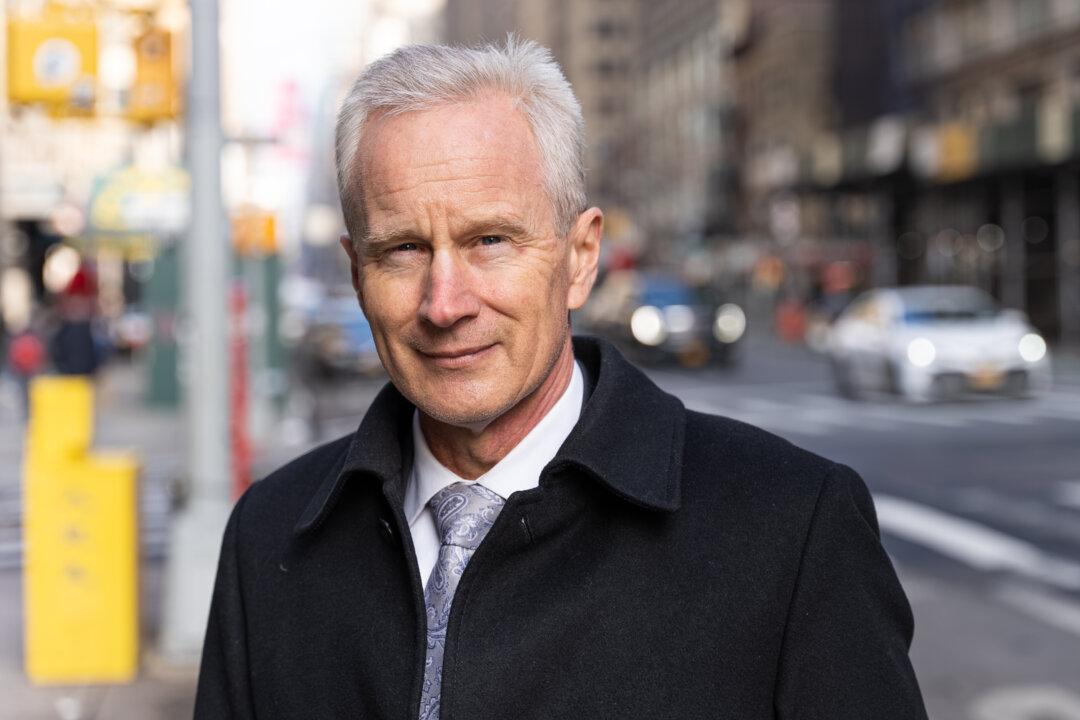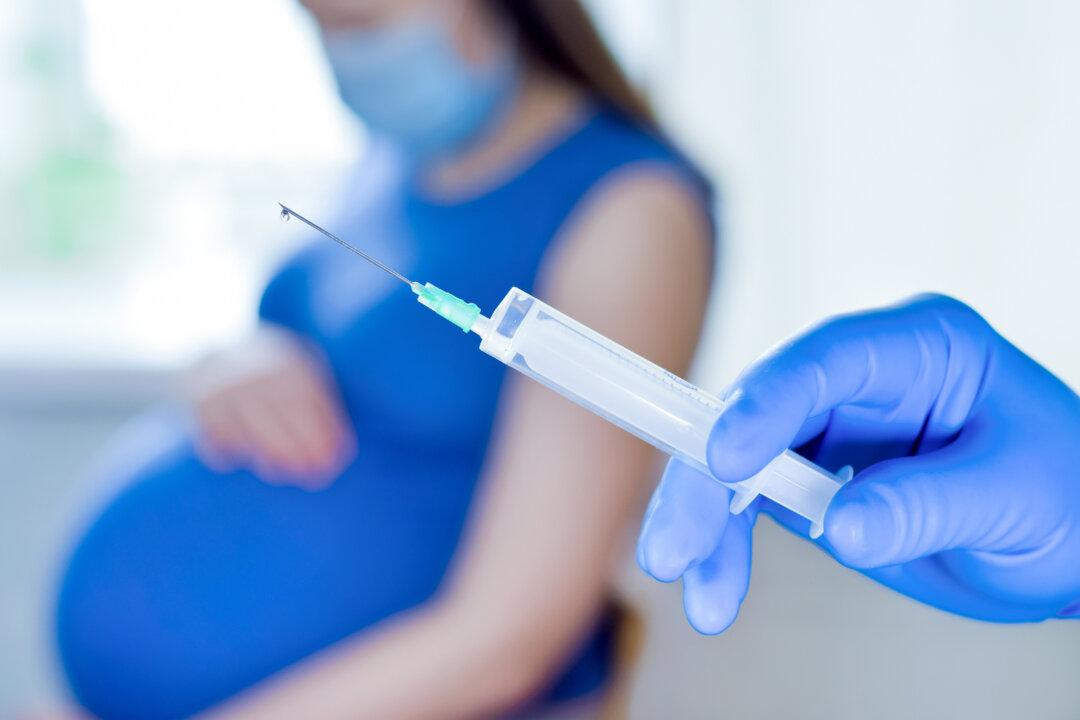At a conference for medical professionals in Sedona, Arizona this past weekend, several speakers–all physicians–commented on a disturbing trend: an increase in otherwise healthy people dying in their sleep.
Sudden unexplained age-inappropriate deaths seem to be happening more than usual, both in the United States, where these medical doctors practice, and in several other countries in the industrialized world.






